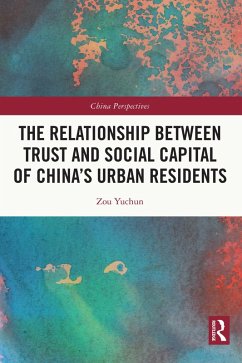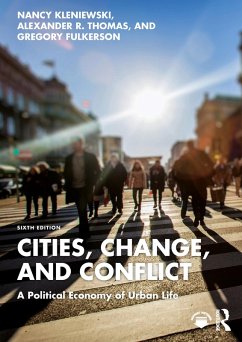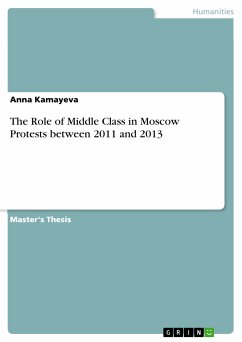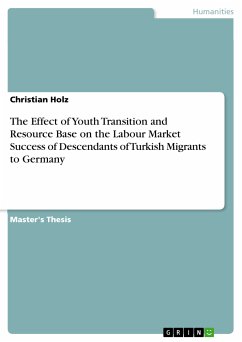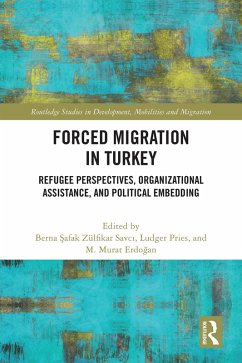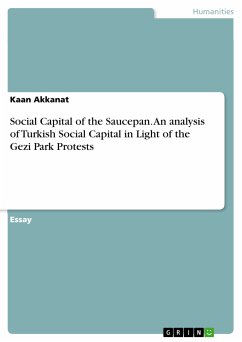
Social Capital of the Saucepan. An analysis of Turkish Social Capital in Light of the Gezi Park Protests (eBook, PDF)

PAYBACK Punkte
0 °P sammeln!
Essay from the year 2013 in the subject Sociology - Individual, Groups, Society, grade: 1.33, Jacobs University Bremen gGmbH, course: Civic Networks and Social Capital, language: English, abstract: As a multidimensional concept which has been shaped cumulatively by various social scientists, social capital can be considered as an end-social product of the interplay between various factors such as trust, norms and civic networks. Together with all of its components, social capital is one of the biggest - if not the biggest- determinant of social cohesion. In this context, present paper aims to ...
Essay from the year 2013 in the subject Sociology - Individual, Groups, Society, grade: 1.33, Jacobs University Bremen gGmbH, course: Civic Networks and Social Capital, language: English, abstract: As a multidimensional concept which has been shaped cumulatively by various social scientists, social capital can be considered as an end-social product of the interplay between various factors such as trust, norms and civic networks. Together with all of its components, social capital is one of the biggest - if not the biggest- determinant of social cohesion. In this context, present paper aims to provide a discussion by applying analogic causality, social capital and social cohesion into the case of Turkey. Turkey, as a social capital-low country, has been the stage of one of the most influential collective actions of our decade with the massive protests in Taksim Gezi Park, which reshaped the underlying social fractions within the country. After outlining the fundamentals of the concepts and events, the discussion will be further enriched with reflections on the driving factors of the protests and their relation with the country's social structure.
Dieser Download kann aus rechtlichen Gründen nur mit Rechnungsadresse in A, B, BG, CY, CZ, D, DK, EW, E, FIN, F, GR, HR, H, IRL, I, LT, L, LR, M, NL, PL, P, R, S, SLO, SK ausgeliefert werden.






